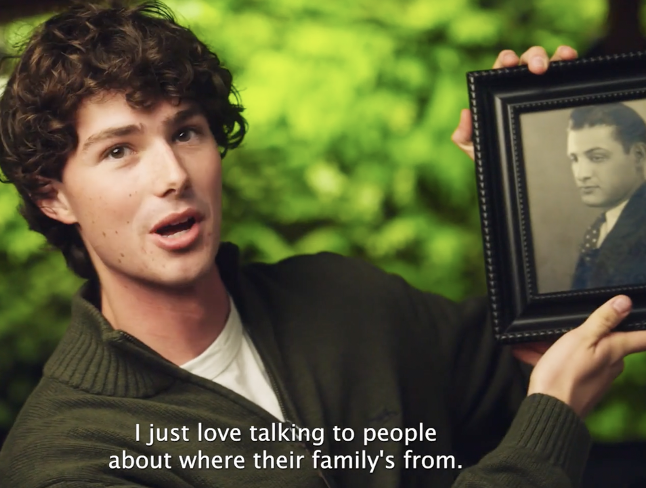Beretta, F., and P. Di Pasquale, creators. US: Gen Zitaly. 2025.
Article by Francesca Beretta
Assistant Teaching Professor in Italian and Language Coordinator | University of Kansas (KU)
The idea for the short film US: Gen Zitaly (2025) was born over coffee with my friend Pierluca di Pasquale at a local bakery in Lawrence, Kansas. That day, we began discussing ways his expertise as a filmmaker could help bring to life insights from my research on Gen Z and the challenges that foreign language departments across the U.S. face in recruiting and retaining students.
In the past fifteen years, the Humanities have faced a sharp enrollment decline, driven first by the 2008 economic crisis and then by the COVID-19 pandemic. According to the latest MLA report, enrollment in Italian Studies alone has declined by more than 40% nationwide.
Many programs have been cut or scaled back, making it increasingly difficult to highlight their value to today’s students. Data depict them as a career-oriented generation entering college with the main goal of acquiring marketable skills, at a time of record-high tuition that often forces them to work part-time or full-time while enrolled.
As institutions increasingly urge all disciplines to meet students “where they are,” the question remains: “Where are they?” In an effort to provide an answer, our project is intended to bring them into a conversation in which their faces and voices are often overlooked.
In Fall 2024, I invited all KU students of Italian to join this project and, together with Pierluca, began conducting interviews and working on the film. For the opening, we chose to include a WhatsApp voice greeting from a student’s Italian nonna, Iole, sent as a good wish for the project. In truth, it is a memory that captures the essence of Italian heritage – family, food, and festivities – and sets the stage for the stories of her granddaughter Isabella, Burke, Vy, Christian, Porter, Ashtyn, Jake, Alex, and Gage.
A recurring theme in their narratives is that of emerging global citizens who may or may not use Italian in their daily lives, yet remain deeply aware of the core values that learning a new language offers: building relationships and engaging firsthand with another culture. These experiences have not been – and, hopefully, will not be – diminished by technological innovations, including AI, which have made foreign-language exchange instantaneous, free, and largely grammatically accurate.
At a time when advocacy for Italian Studies is paramount, and in a world dominated by virtual and viral communication, US: Gen Zitaly aims to be a message of hope for multiple audiences. First and foremost, it is intended for our current and future students, a generation accustomed to creating and engaging with well-designed digital content, expressing their voices, and inspiring their peers through their experiences. It also carries a message to Italy itself, as our students may one day live, work, or contribute to the country. Furthermore, it is geared toward
educators, whose work reflects passion and commitment. Last, but not least, it is meant for curriculum developers, myself included. In today’s rapidly changing, future-oriented world, students’ interests – particularly those of non-majors, our largest population – may differ from traditional emphases on literary memory, aesthetic traditions, and formal language. How, then, can we adapt our programs to honor students’ trajectories, amplify their voices, and still preserve the timeless cultural legacy of the Bel Paese?
Francesca
The project is featured by the Italian Cultural Institute of Chicago for the 25th Week of the Italian Language in the World, dedicated to the theme “Italophonia: Language Beyond Borders.”







